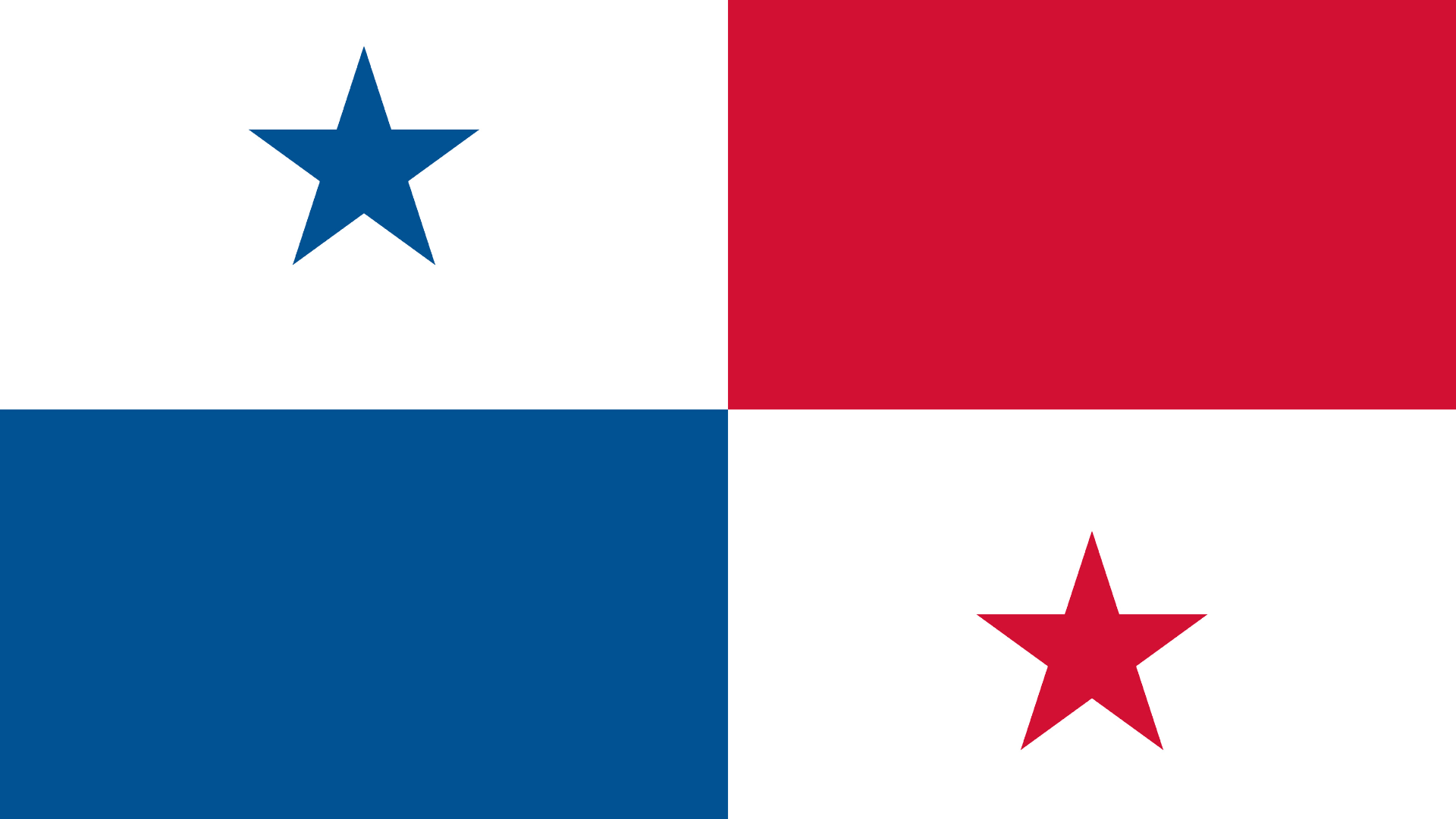Panama
Explore the advantages of Panama as a Decentralized Autonomous Organizations (DAOs) jurisdiction.

Updated 1st November 2023*
This post is part of our research on DAO-friendly global jurisdictions.
Panama Foundation
http://documents.ocra.com/information for clients/panamanian foundation/The_Panama_Foundation.pdf
Panama, with its rich history of financial innovation and asset protection, notably through its distinctive Panamanian Private Foundation model, is yet to formally regulate Decentralized Autonomous Organizations (DAOs). However, innovative thinkers and visionaries are leveraging the nation's established legal structures as a 'legal hack' to navigate the uncharted waters of DAOs. As the digital and traditional worlds intertwine, Panama is emerging as a valuable sanctuary for DAOs despite the absence of explicit regulations. By melding the robust asset protection, confidentiality, and tax benefits of the Panamanian Private Foundation with the decentralized, transparent ethos of DAOs, Panama is poising itself at the forefront of the next wave of financial evolution.
Initiation and Management:
- Private Foundation: The Private Foundation in Panama is initiated by one or more founders, either individuals or corporate entities. These founders are responsible for setting up the foundation's primary objectives and assets. The daily management and decisions are taken by a Foundation Council, which operates similarly to a Board of Directors. Additionally, there can be Protectors or supervisory bodies, appointed to oversee and guide the Foundation Council, ensuring that the foundation's aims and objectives are met.
- DAO (Decentralized Autonomous Organization): DAOs are initiated and primarily managed through a decentralized network of participants, meaning there is no single central authority governing its actions. Instead, decisions are often made collectively using predefined protocols and algorithms. Blockchain technology and smart contracts, self-executing contracts with the agreement terms directly written into code, underpin this decentralized management.
Assets:
- Private Foundation: Founders of the Private Foundation are obligated to commit assets, termed "Foundation Assets." The initial donation must be no less than US$10,000. Over time, this corpus can be increased through additional contributions from the founders or other parties.
- DAO: In a DAO, assets or funds are often gathered by pooling resources from its diverse participants or stakeholders. These assets are then managed collectively and utilized as per the organization's rules, which are coded into smart contracts.
Purpose and Beneficiaries:
- Private Foundation: Private Foundations are explicitly established with the primary objective of benefiting one or more designated beneficiaries. These beneficiaries can be individuals, groups, or entities, and the foundation seeks to serve their interests or welfare.
- DAO: A DAO operates based on a specific mission or objective, which is encoded into its foundational code or rules. While it may not have designated "beneficiaries" in the traditional sense, the benefits or outputs of a DAO are either distributed among its stakeholders or channeled back to promote and achieve its main purpose.
Legal Status:
- Private Foundation: In Panama, the Private Foundation is bestowed with a formal legal status. It is acknowledged as an entity with a corporate existence, which means it can enter into contracts, own property, and engage in legal proceedings.
- DAO: DAOs, being relatively new and decentralized, often do not have a universally accepted formal legal recognition. However, they function based on consensus mechanisms and their internal coded rules, often making them self-governing entities.
Profit Orientation:
- Private Foundation: While a Private Foundation is established with specific objectives, it is not meant to engage directly in habitual commercial or business activities. It can, however, manage its assets and conduct operations to further its primary objectives.
- DAO: DAOs are versatile and can be designed to pursue various activities, including for-profit ventures. Their design and objectives determine the nature of their operations, but they can engage in business activities if the participants agree.
Protection & Confidentiality:
- Private Foundation: One of the hallmarks of the Panamanian Private Foundation is the protection and confidentiality it offers. The foundation's assets are safeguarded, and strict protocols ensure that the details of the foundation, its assets, and its beneficiaries remain confidential.
- DAO: DAOs are fundamentally transparent because of the nature of blockchain technology. Every transaction and decision is recorded on a public ledger. However, depending on their design and the blockchain they operate on, certain layers of privacy can be introduced.
Taxation:
- Private Foundation: In Panama, a Private Foundation enjoys various tax exemptions, making it attractive for asset protection and estate planning. The primary tax levied is the Annual Franchise Tax, set at US$400.
- DAO: Tax treatment for DAOs is a complex and evolving area. Given their decentralized nature and lack of formal regulation in many jurisdictions, there's often uncertainty around their taxation. Each country may approach DAO taxation differently, and stakeholders are advised to seek local tax advice.
Case Studies:
*Please note that the information in this post is for informational purposes only. It should not be construed as legal, tax, investment or other advice.*
